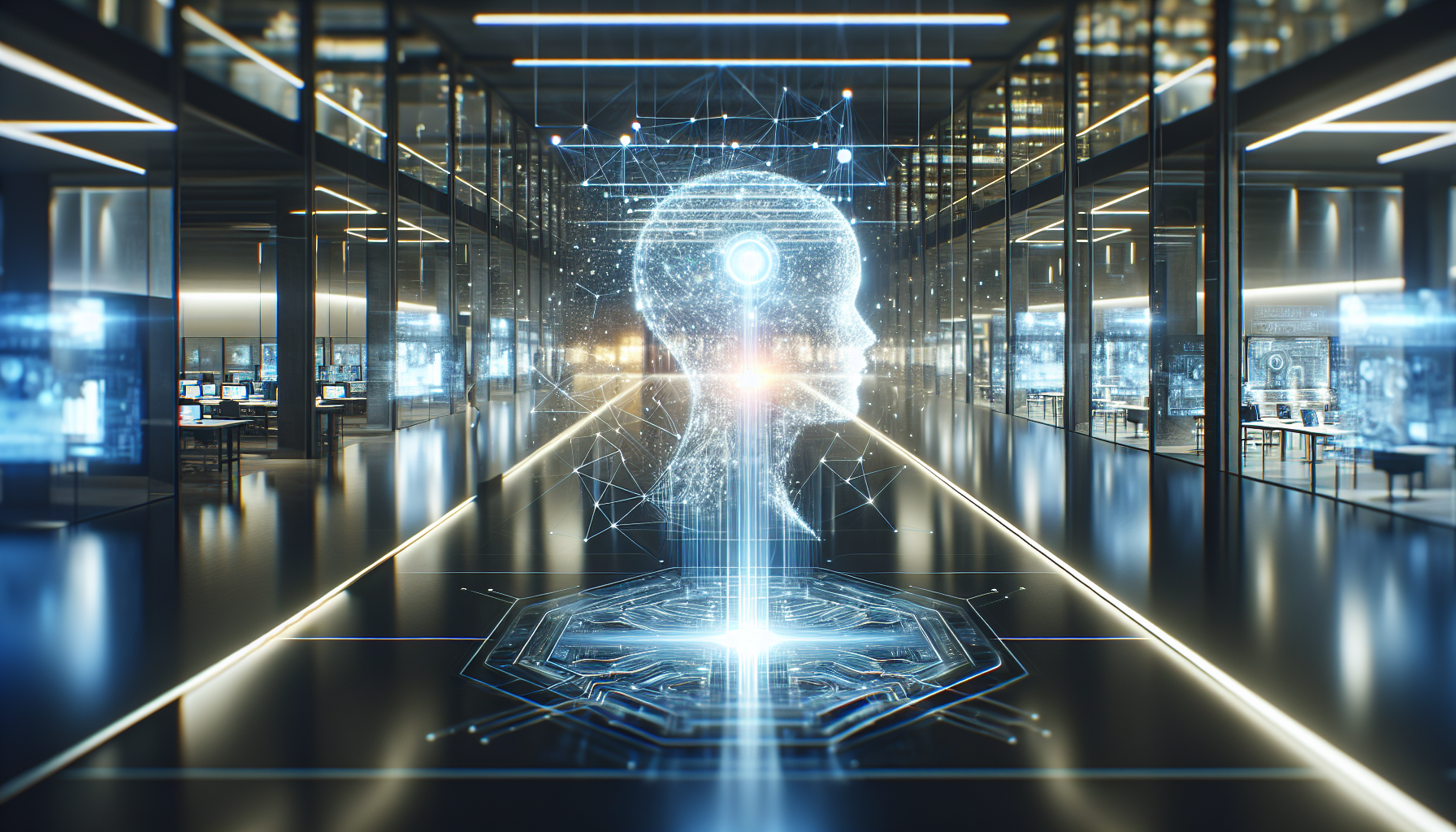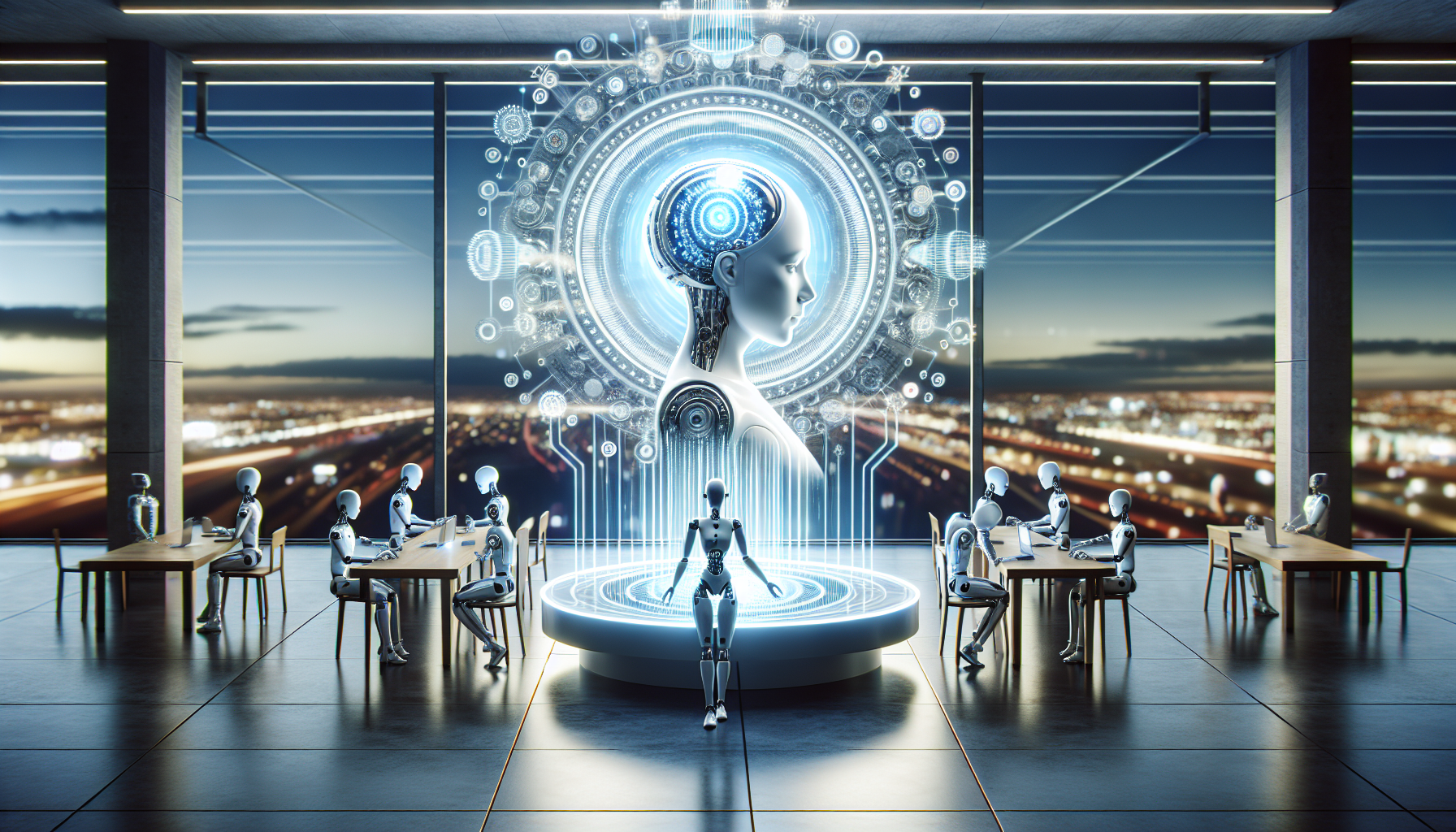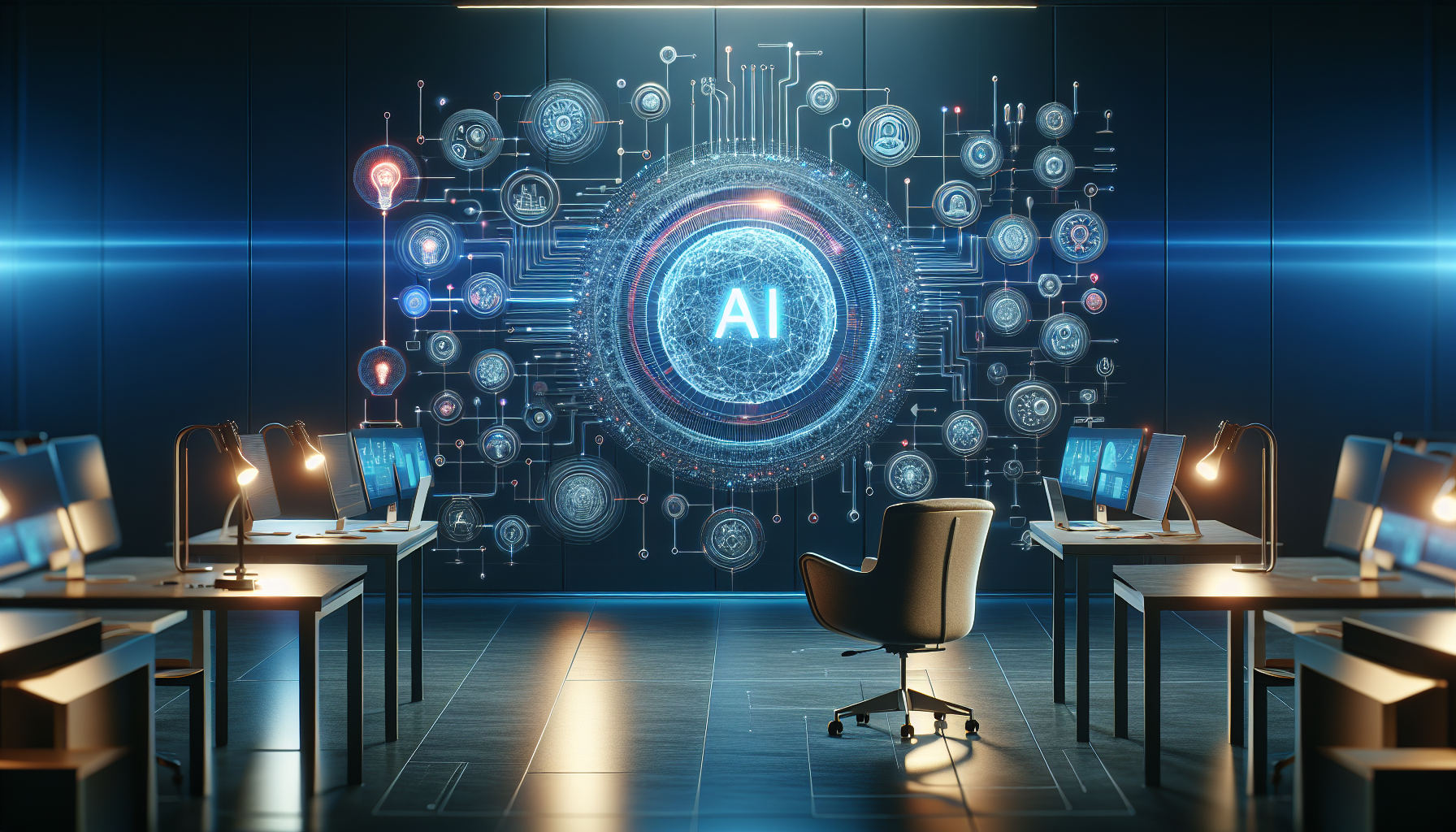
Artificial Intelligence: Charting the Future of Drug Discovery and Development
September 21, 2025
In the intricate world of drug discovery and development, artificial intelligence (AI) stands as a revolutionary force, poised to redefine the boundaries of what is possible. As pharmaceutical companies grapple with the challenges of long timelines, high costs, and complex biological systems, AI offers a beacon of innovation and efficiency. Moving beyond mere acceleration, AI is shifting paradigms by predicting future trends and possibilities that remain largely untapped by traditional methods.
At the heart of AI's transformative power lies its ability to process vast amounts of data with unprecedented speed and accuracy. This capability is critical in the realm of drug discovery, where the identification of viable compounds often resembles searching for a needle in a haystack. AI algorithms, particularly those leveraging machine learning, can sift through millions of chemical structures to identify potential drug candidates, significantly reducing the initial phase of drug discovery. This is not merely a function of speed; it is an enhancement of precision that can identify patterns and correlations that might elude human researchers.
The integration of AI into drug development does not stop at discovery. It extends to preclinical and clinical trials, where AI's predictive analytics can optimize trial designs and patient selection. By analyzing historical and real-time data, AI can identify patient populations most likely to respond to a new drug, thereby increasing the likelihood of success in clinical trials. Furthermore, AI's ability to simulate biological processes allows researchers to predict how drugs will behave in the human body, providing insights that can guide dosage and application strategies.
Looking ahead, the role of AI in drug development is expected to expand into more personalized medicine. With the increasing availability of genomic data, AI has the potential to tailor drug treatments to individual genetic profiles, ushering in an era of precision medicine. This personalized approach could revolutionize treatment regimens for complex diseases such as cancer, where the genetic variability of tumors often complicates treatment. AI's capacity to analyze genetic data and make individualized treatment recommendations could lead to breakthroughs in efficacy and patient outcomes.
Despite its promise, the integration of AI into drug discovery and development is not without its challenges. The reliance on vast datasets necessitates robust data privacy and security measures. Ethical considerations, such as bias in AI algorithms and the transparency of AI-driven decisions, also require careful attention. As AI systems become more autonomous, ensuring that they align with regulatory standards and ethical norms will be essential.
Moreover, the future landscape of AI in drug discovery will likely involve a symbiotic relationship between humans and machines. While AI excels at data analysis and pattern recognition, the creative and intuitive aspects of research remain firmly in the human domain. The challenge lies in fostering collaboration between human expertise and AI capabilities, creating an environment where each can amplify the strengths of the other. This dynamic interplay could lead to innovative solutions that neither could achieve independently.
As we contemplate the future of AI in drug discovery and development, one cannot help but wonder about the potential implications for global health. Could AI-driven drug discovery democratize access to advanced treatments, making them available in regions where traditional drug development processes are infeasible due to resource constraints? The possibility exists that AI could bridge gaps in healthcare delivery, offering solutions tailored to the specific needs of diverse populations worldwide.
In the quest to unravel the mysteries of disease and develop effective treatments, AI stands at the forefront, offering tools and perspectives that promise to reshape the landscape of pharmaceutical research and development. As the field continues to evolve, the question remains: how will we harness this formidable technology to not only push the boundaries of scientific discovery but also to ensure that its benefits are equitably distributed across the globe? The answers to these questions will shape the future of medicine, driving us toward a new frontier where AI and human ingenuity work hand in hand to improve health outcomes for all.


